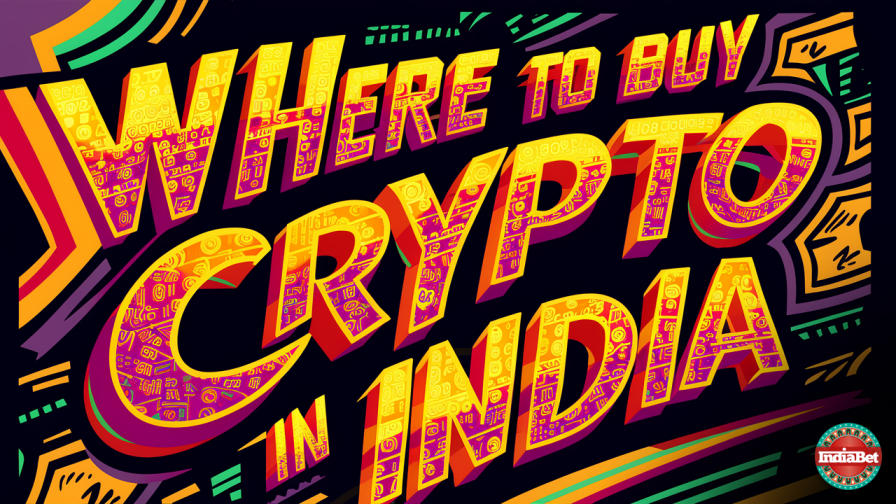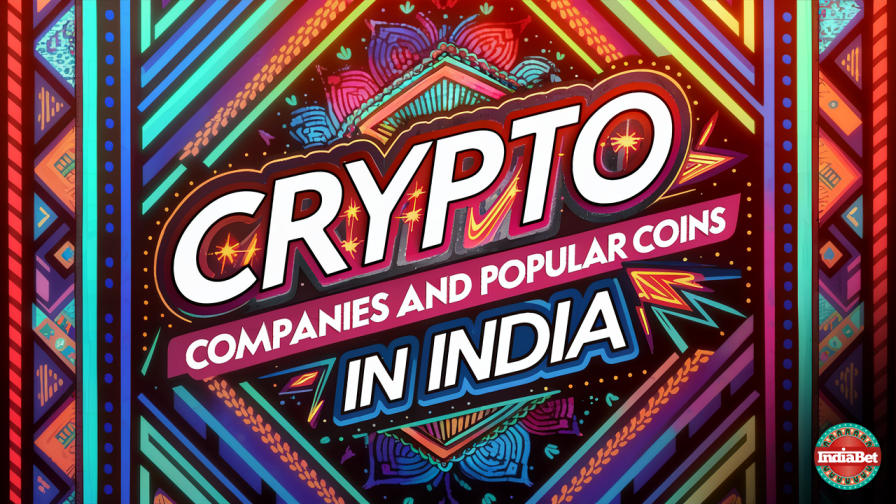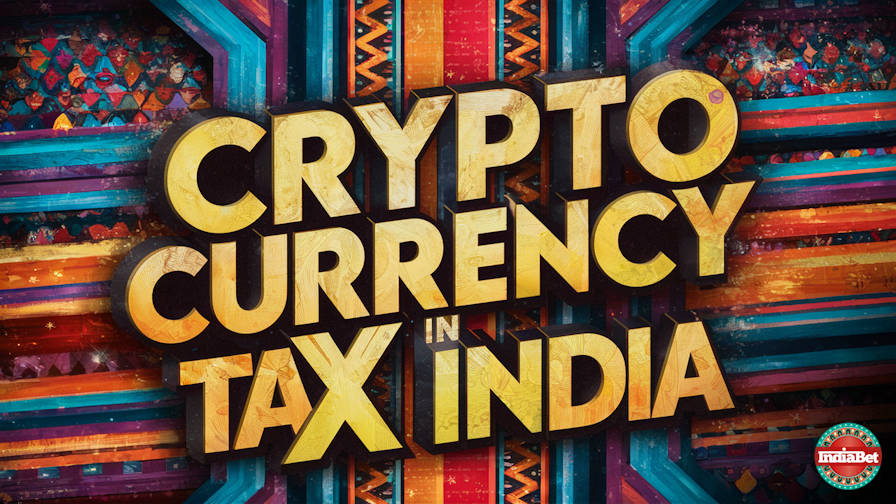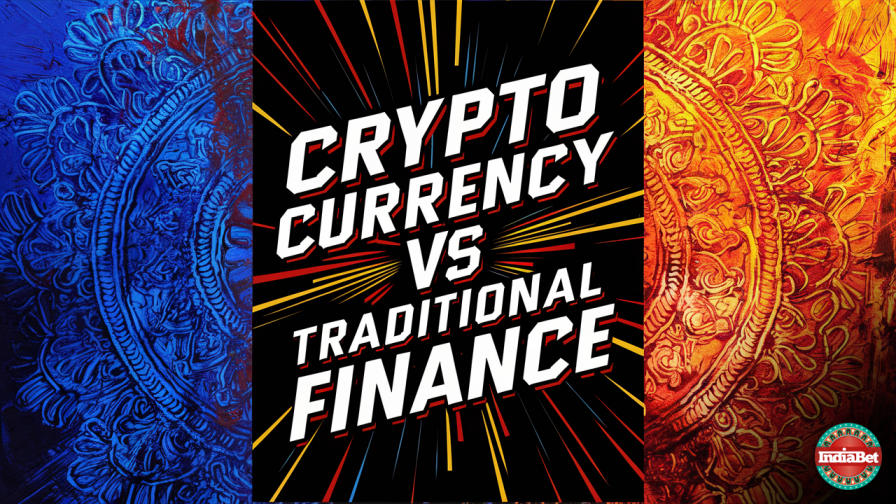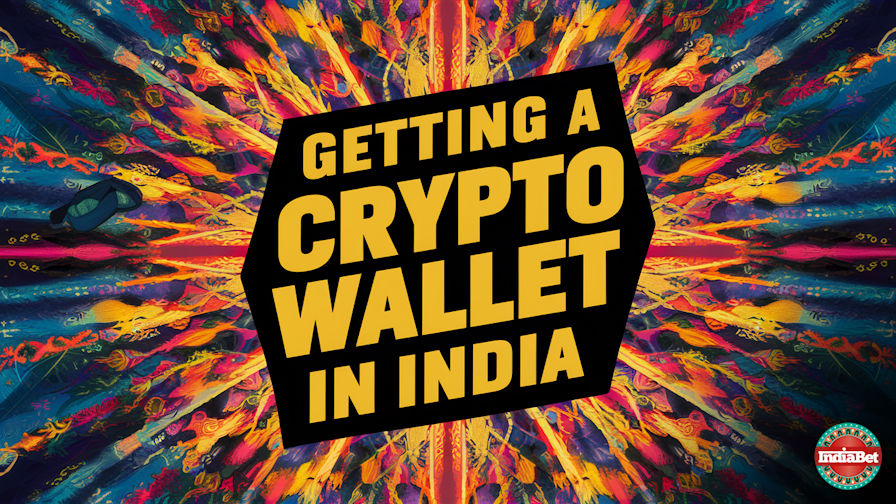
For anyone in India looking to enter the cryptocurrency market or manage their digital assets, a crypto wallet is essential. This wallet acts as a secure digital storage space for Bitcoin (and other coins), enabling users to send, receive, and manage their funds. The choice of wallet can significantly influence the safety and convenience of your cryptocurrency transactions.
This article guides you through obtaining a crypto wallet in India, covering both custodial options offered by crypto exchanges and non-custodial wallets that give you full control over your private keys. Understanding these options is the first step towards safe and efficient cryptocurrency management.
There are two main options for obtaining a crypto wallet in India:
Crypto Exchange Wallets
Crypto exchange wallets offer a convenient and user-friendly way to store, buy, and sell cryptocurrencies directly on the exchange, with the trade-off being that the exchange holds your private keys and controls your funds.
- Convenience: This is the easiest option for beginners. Many popular crypto exchanges like WazirX, CoinDCX and Zebpay offer integrated wallets where you can store your BTC alongside other cryptocurrencies.
- Verification: You'll need to complete KYC (Know Your Customer) verification to use these wallets.
- Security: While generally secure, these wallets are custodial, meaning the exchange holds your private keys. Always remember the expression “Not your keys, not your coins”.
Non-custodial Wallets
Non-custodial wallets provide users full control over their private keys and cryptocurrency assets, enhancing security and autonomy; they can be categorised into hot wallets, which are connected to the internet for easy access and transactions, and cold wallets, offering offline storage for higher security against online threats but with less convenience for quick transactions. We only mention hot wallets below as they are free but Ledger and Trezor are great (and secure) cold wallet choices.
- Security: These wallets offer greater control and security as you hold your private keys. Popular options include Trust Wallet, Exodus, MetaMask, Guarda Wallet and Coinomi.
- Complexity: Setting up and managing non-custodial wallets requires more technical knowledge compared to exchange wallets. However, nowadays the apps are actually pretty straightforward to use and set up but you should be aware that it's on you to ensure you do not lose your ‘keys' which means you need to store a 12 or 24 word seed phrase, usually written down, in a secure place.
Popular Exchanges in India
- WazirX: As one of India's leading cryptocurrency exchanges, WazirX offers a user-friendly interface that simplifies the process of buying, selling, and trading cryptocurrencies.
- Zebpay: Known for its early entry into the Indian market, the Zebpay exchange has built a reputation for its clean interface, quick KYC processes, and robust security features.
- CoinDCX: CoinDCX is a prominent crypto exchange in India, known for its comprehensive suite of services catering to both beginners and seasoned traders.
For a more indepth review of cryptocurrency exchanges in India we have a full guide.
Popular Crypto Wallets in India
- Guarda Wallet: Guarda Wallet is a versatile non-custodial wallet offering support for over 50 blockchains and thousands of tokens. Its multi-platform availability across web, desktop, and mobile makes it accessible for a wide user base.
- Coinomi: Coinomi is a well-regarded non-custodial wallet known for its multi-chain support, allowing users to store thousands of cryptocurrencies within a single interface.
- Trust Wallet: A widely used non-custodial wallet, Trust Wallet appeals to users globally, including India, for its mobile-first approach and ease of use. It supports a vast array of cryptocurrencies and tokens, making it versatile for various blockchain ecosystems.
- Exodus: This hot wallet stands out as a non-custodial wallet known for its striking visual design and intuitive user interface, catering to both beginners and experienced users. Exodus offers desktop, mobile, and even hardware wallet integration (via Trezor).
- MetaMask: Primarily recognised as a gateway to the Ethereum ecosystem and decentralised finance (DeFi), MetaMask is a non-custodial wallet that operates as a browser extension and mobile app.
Choosing the Right Crypto Wallet
Choosing the right crypto wallet involves deciding between exchange wallets for convenience and integrated trading, and non-custodial wallets for enhanced security and control over private keys. Your decision should be guided by priorities in security, usability, and features like multi-currency support and fee transparency, tailored to your cryptocurrency management preferences.
- Security: Non-custodial wallets provide enhanced security through direct control over private keys, ideal for significant cryptocurrency holdings.
- Ease of Use: Exchange wallets offer a more user-friendly interface and integrated trading features, suitable for beginners or active traders.
- Features: Choose based on needs for multi-currency support and trading capabilities, with non-custodial wallets offering versatility and exchange wallets convenience.
Additional Tips
Choosing a crypto wallet wisely is essential for security, ease of use, and functionality. It's vital to protect your private key, a critical component for accessing cryptocurrencies, not only Bitcoin. For enhanced security, especially with substantial holdings, a hardware wallet is strongly advised due to its offline storage capability, reducing hacking risks.
- Research Thoroughly: Evaluate wallets by reviewing user feedback and comparing security features, usability, and multi-currency support. Assess how they've managed security incidents and their customer support effectiveness.
- Never Share ANYTHING: Your private key and seed phrase are crucial for accessing your funds. Maintain their confidentiality to prevent unauthorised access. While digital storage can be risky, using encrypted devices or secure software with strong passwords can provide a level of safety. However, physical storage (e.g., written on paper) is often recommended to eliminate hacking risks.
- Consider a Hardware Wallet: A hardware wallet, which stores your private keys and seed phrases on a physical device offline, offers the highest security level. This method, known as cold storage, is essential for anyone with significant cryptocurrency investments to protect against online threats.
Remember, cryptocurrency is a volatile market, and investing involves inherent risks. Do your own research and understand the risks before investing in cryptocurrency.
Guide to choosing the right crypto wallet in India: Comparing custodial exchange wallets and secure non-custodial options for Bitcoin and more.






 90%84%
90%84%
